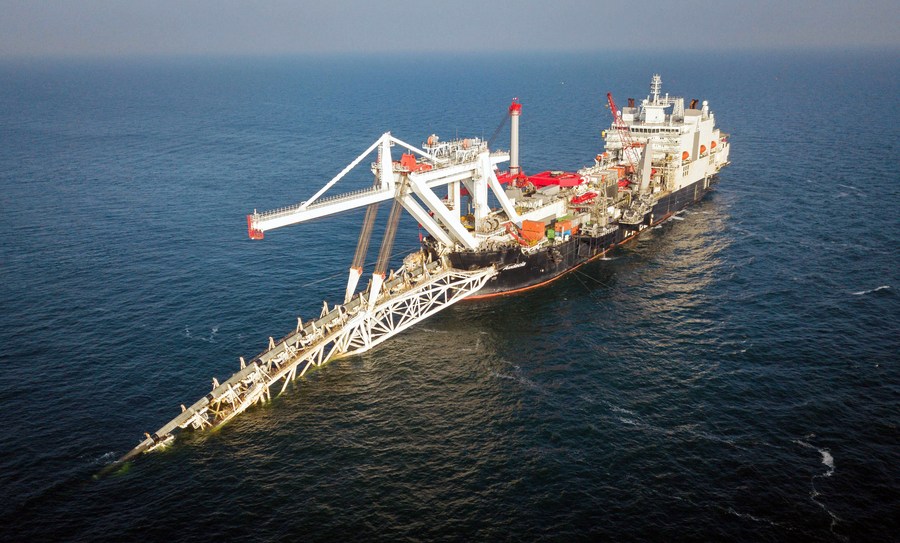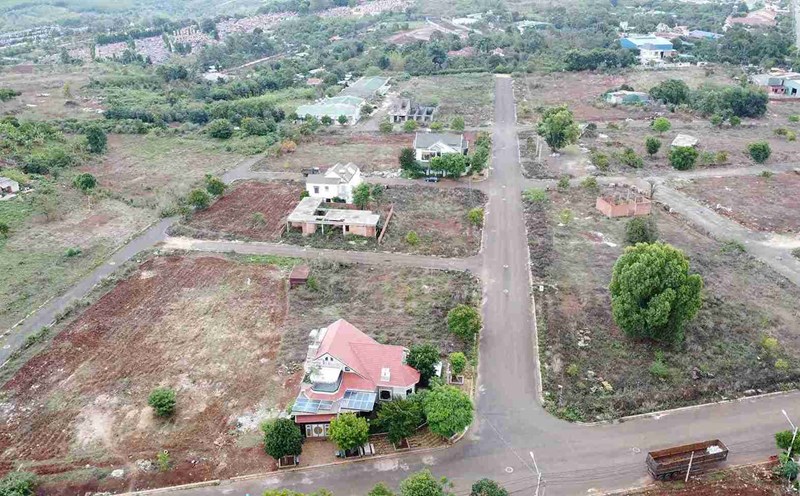The UK's undersea infrastructure is easily becoming a target of sabotage. This is a serious warning from defense and energy experts right before the major review of the UK's defense strategy, due to be released next week.
Underwater gas pipelines, power lines and data cables are vulnerable to sabotage.
The UK government said last month that it would take threats to gas pipelines and undersea infrastructure seriously in its review due on 2 June.
The review comes as Europe is also on high alert for a series of incidents suspected of sabotage targeting undersea cables and pipelines.
Experts in the UK, including former government officials, say the risk is underrated.
Grant Shapps, who served as energy minister and UK defence minister from 2022 to 2024, said the lack of attention to the issue was very worrying.

Our undersea infrastructure is the death penalty of national security, and there is not enough action to protect it at present. The problem is not "if" but "When". The government needs to pay much higher attention to this. It is not only a risk list, but a national action plan is needed to protect undersea infrastructure," he said.
The UK government has confirmed that undersea infrastructure will be one of the contents included in the defence review. The UK and its allies have also increased naval patrols and infrastructure monitoring to deal with threats.
Although much political attention is now directed to data cables, security and energy experts warn that the biggest risk could come from an attack on the gas pipeline, similar to the mysterious explosion targeting the Nord Stream and Nord Stream 2 pipelines in the Baltic Sea in 2022.
Compared to most G7 countries, the UK relies more on gas for heating and electricity. More than half of the UK's gas demand comes from imports, mainly from Norway, and most of it goes through a single pipeline: Langeled.
The 1,150-km Langeled pipeline, built in the 2000s, is now one of the UK's most important energy routes.
Langeled is our biggest weakness. That does not mean that if the pipeline is destroyed, everything will collapse immediately, but the cost will skyrocket immediately, and the possibility of gas distribution is very clear, Adam Bell, former head of energy strategy for the UK government, now director of policy at consulting firm Stonehaven, warned.
Although the likelihood of an attack is rather low, the consequences of it would be disaster, Jack Richardson, an expert at the Geopolitical Strategy Council and chief policy officer at energy company Octopus Energy, pointed out. "If Langeled is defeated, England will fall into a serious crisis," he said.








